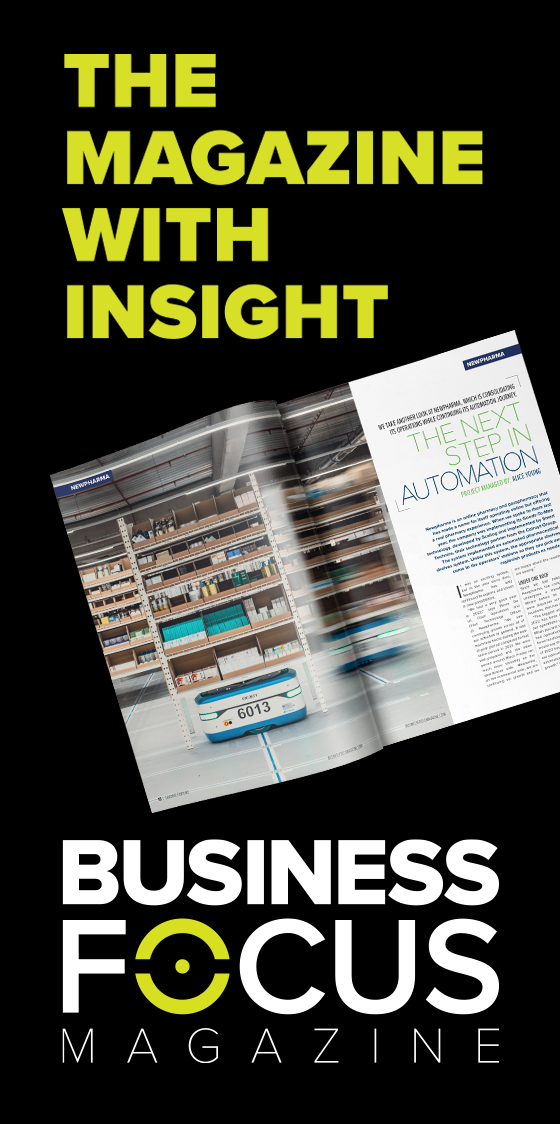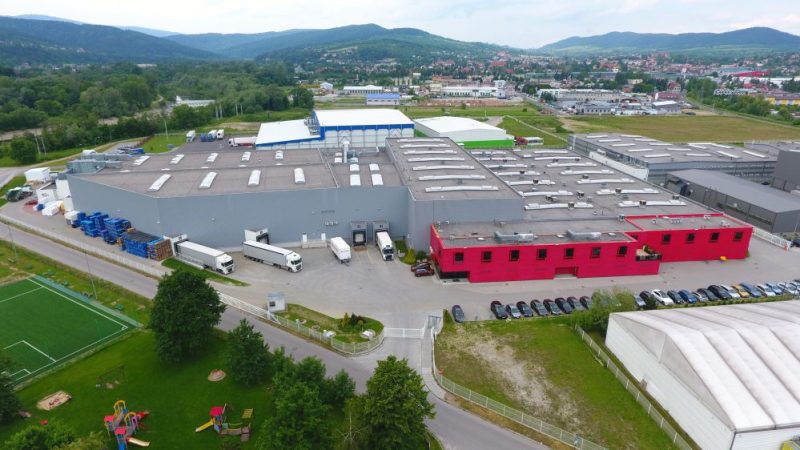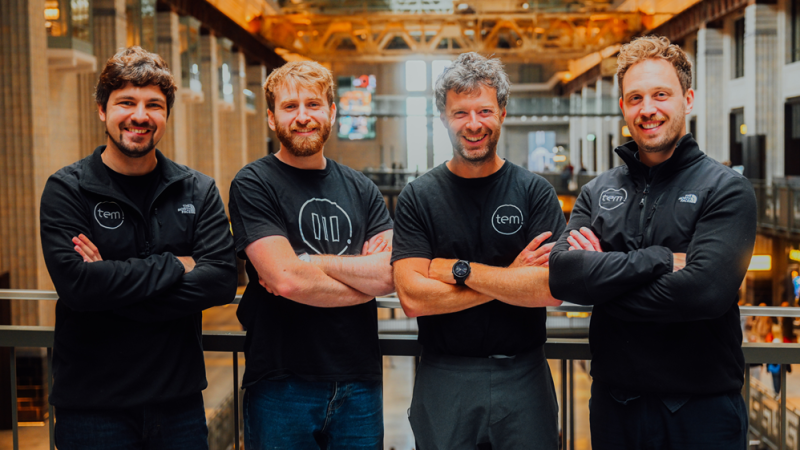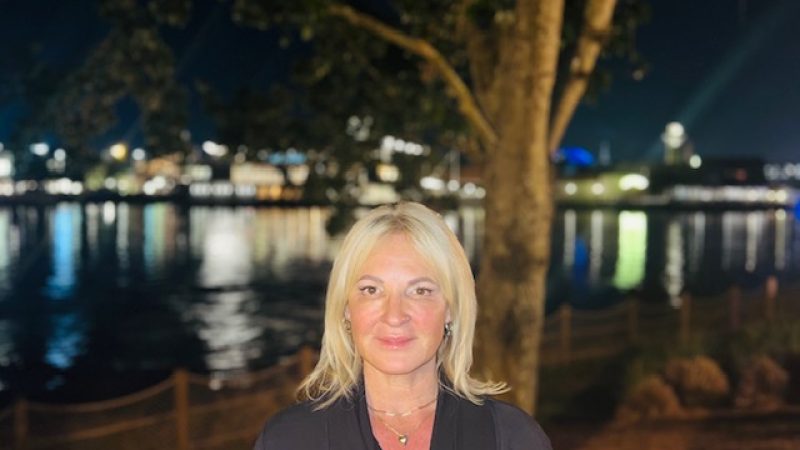Lesaka is not only driving the growth of fintech in southern Africa, it is also using it as leverage to uplift the poorest and most vulnerable in society.
Lesaka’s mission is to bring financial inclusion to merchants and consumers across southern Africa. To do this, the company has built a world-class fintech platform that changes how merchants digitalise their businesses through innovation.
 “We have a large consumer base, and our work is concentrated on how they access and use their money,” says Yasvanth Singh, CIO of Lesaka. “We are especially focusing on the underbanked market segment. Currently, we service 52,000 merchants, and in the consumer business, we have 1.3 million customers.”
“We have a large consumer base, and our work is concentrated on how they access and use their money,” says Yasvanth Singh, CIO of Lesaka. “We are especially focusing on the underbanked market segment. Currently, we service 52,000 merchants, and in the consumer business, we have 1.3 million customers.”
Lesaka’s offering is present across the full portfolio of fintech banking services, including ATMs, point of sale, and bill payments. It is an end-to-end fintech platform. Across all of these services, Lesaka’s job is to remove friction from transactions by tailoring its solutions to the specific needs of customers. But as well as removing friction for customers and merchants, Lesaka also creates obstacles for less ethical entities.
“We have a strong focus on security. We have solutions for social grant recipients, and the security involved,” Singh says. “We have solutions based on biometrics, and we provide infrastructure as close to our customers as possible. We take the friction out of financial services, supported with excellent security.”
As Lesaka’s CIO, it is his job to help drive the solutions that make that possible, heading up the development of the company’s software tools.
“Our tech team provides a lot of our solutions in-house, from our banking suite of products to smart cards, solutions for lending insurance, and ATMs,” Singh explains. “I manage that team of software engineers, keeping services up and running on-site and in the cloud. Our approach is holistic, incorporating software engineering, data management, cyber security and infrastructure management.”
Keeping One Step Ahead
It is a task that is becoming only more challenging, as Fintech is one of the most critical, and rapidly developing sectors of the tech industry.
“The cyber security landscape is ever-changing. We must continuously make sure we are securing information, our proprietary software and customers’ information,” Singh says. “We invest a lot in tooling and development to ensure our cyber posture is world-class. There is ongoing work that we perform in that area.”
This means not just regularly updating the tools Lesaka has, but also continuously reassessing the company’s value proposition.
“We invest funds and time in having great data. We do it in-house but also use specialist consultants to ensure we meet our customers’ needs and are competitive in the marketplace,” Singh says.
Keeping up to date with the latest technological advancements is no mean feat, but Lesaka has strategies in place to make this possible.
“There are a couple of things we do. We’re a large organisation with head offices here in Johannesburg but also in Cape Town and Durban and other African countries. With over 200 people in the tech space, we rely on our staff to bring forth innovation,” Singh says. “Innovation used to be limited to our XO, but now things are changing too quickly, with too many specialisations. Instead, we have cross-functional teams where each one serves a specific product or service from operations and tech perspective.”
The key, Singh argues, is to give his people the autonomy and freedom to set their own course.
“This autonomous team structure puts them fully in charge of their road maps and what they need to do, and with that freedom, they develop solutions for customer delight,” says Singh. “Innovation comes through from these different teams. They have room to innovate and on top of that we provide financial assistance for training, boot camps and hack-a-thons, as well as running our own hack-a-thons and tech conferences to create this culture of innovation.”
The company is enabling teams to have the time and skills to create their own solutions.
“That is the only way real innovation can happen,” Singh says simply.

Making a Difference
But doing that requires talent, lots of talent, and the real challenge is finding it.
“The challenge locally is access to resources. Skills are in short supply and we continuously look for good tech skills in development or security,” admits Singh. “At the moment there’s a big shortage in the local economy as they find opportunities abroad- even while working from home.”
The keep talent within the company, and attract new skilled personnel, Lesaka invests heavily in its company culture.
“It’s not just about paying exorbitant amounts. We benchmark our roles and pay staff appropriately, but also a lot of people are dependent on the culture of the organisation,” Singh says. “We make sure we have a workspace that is free of discrimination, accessible, and open to people being themselves.”
Lesaka’s culture is performance-driven and open to flexible working policies, which Singh says has made a big difference.
“On top of that people like to work in a place where they have a purpose. We are not just providing great solutions but also making a difference to communities and the world around us,” Singh points out. “We are working on uplifting the poorest of the poor, taking them out of poverty and providing solutions to avert debt traps.”
Lesaka’s work has attracted a lot of people who share its value systems, and they tend to stay based on remuneration, the environment the company creates and the customers it serves, helping Lesaka to retain skills and attract talent.
With that talent, the company is ready to evolve into its next stage.
“We have been through a lot of change as an organisation, we have made big acquisitions recently, and structured a new management team,” Singh says. “We are at the point where we have consolidated a great management team and structured our organisation for success. We spend a lot of time on how we set up our organisation’s structure. It’s not a traditional top-down organisation. It is an open hybrid matrix structure.”
Lesaka will continue to serve merchants and customers, but it is now ready to take off. As Singh says, “We have all our Lego blocks in place and each unit is affecting our strategy. We are well-positioned to move into the super-growth phase of the entity, and we’ve done a lot of work to get to this point. It’s time to start delivering.”








